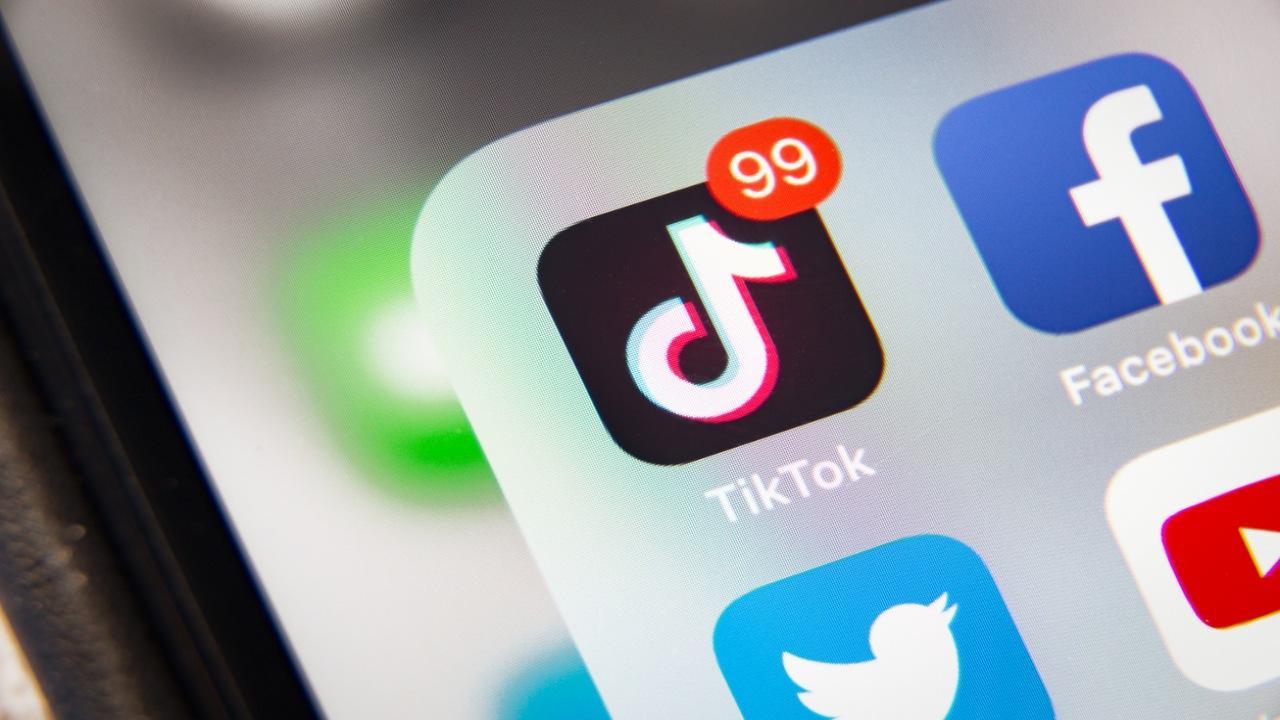Western governments are worried that TikTok poses risks to cybersecurity and data privacy, and that the app could be used to promote pro-Beijing narratives and misinformation

Representative Image. Pic/iStock
Australia has become the last of the "Five Eyes" security partners to ban the Chinese-owned video-sharing app TikTok from its federal government's devices.
ADVERTISEMENT
Attorney-General Mark Dreyfus said in a statement on Tuesday that based on intelligence and security agencies' advice, that ban would come into effect "as soon as practicable".
The so-called Five Eyes intelligence-sharing partners -- the United States, Canada, Britain and New Zealand -- have taken similar steps.
TikTok objected to the decision.
"We are extremely disappointed by this decision, which, in our view, is driven by politics, not by fact," the company's general manager for Australia, Lee Hunter, said in a statement. "Again, we stress that there is no evidence to suggest that TikTok is in any way a security risk to Australians and should not be treated differently to other social media platforms."
He urged the Australian government to treat all businesses fairly, "regardless of country of origin."
Western governments are worried that TikTok poses risks to cybersecurity and data privacy, and that the app could be used to promote pro-Beijing narratives and misinformation.
Also read: Munitions, anti-tank rockets in next $2.6 billion US pledge for Ukraine: Officials
TikTok is owned by the Chinese technology company Bytedance and has long maintained that it does not share data with the Chinese government. It is carrying out a project to store US user data on Oracle servers, which it says will put the information out of China's reach.
The company has disputed accusations it collects more user data than other social media companies, and insists that it is run independently by its own management.
The European Parliament, European Commission and the EU Council, the 27-member bloc's three main institutions, have also imposed bans on TikTok on staff devices.
Under the European Parliament's ban, which took effect last month, lawmakers and staff were also advised to remove the TikTok app from their personal devices.
India imposed a nationwide ban on TikTok and dozens of other Chinese apps, including the messaging app WeChat, in 2020 over privacy and security concerns. The ban came shortly after a clash between Indian and Chinese troops at a disputed Himalayan border killed 20 Indian soldiers and injured dozens.
In early March, the US gave government agencies 30 days to delete TikTok from federal devices and systems. The ban applies only to government devices, though some US lawmakers are advocating an outright ban.
China has lashed out at the US for banning TikTok, saying it is an abuse of state power and is suppressing companies from other countries.
More than half of the 50 US states also have banned the app from official devices, as have Congress and the US armed forces.
This story has been sourced from a third party syndicated feed, agencies. Mid-day accepts no responsibility or liability for its dependability, trustworthiness, reliability and data of the text. Mid-day management/mid-day.com reserves the sole right to alter, delete or remove (without notice) the content in its absolute discretion for any reason whatsoever.
 Subscribe today by clicking the link and stay updated with the latest news!" Click here!
Subscribe today by clicking the link and stay updated with the latest news!" Click here!







